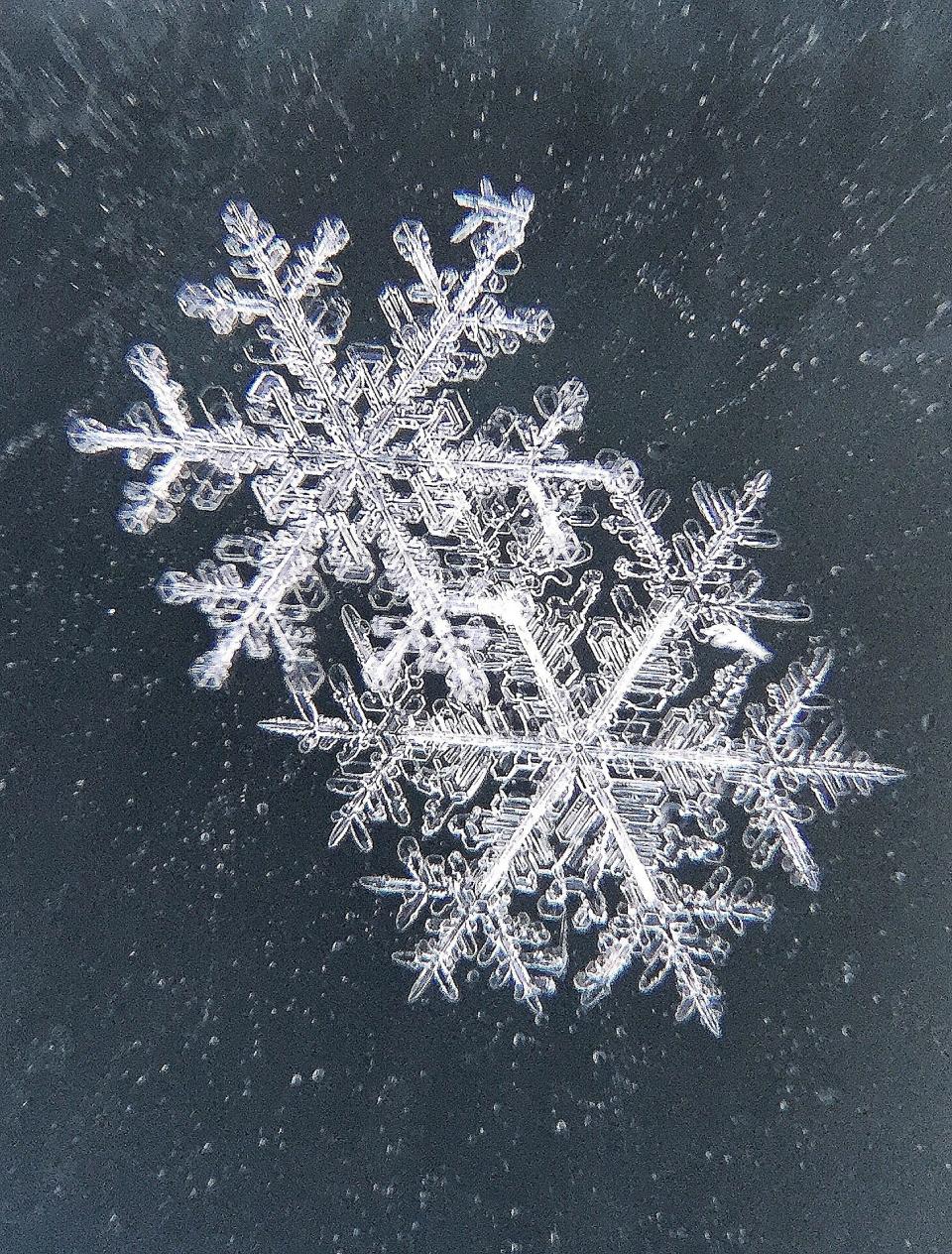When does winter officially begin? Winter Solstice 2023
The trees are bare, and Starbucks' supply of pumpkin spice is dwindling – winter is coming to Columbus.
Winter officially starts Dec. 21, a few days before Christmas and the day of the Winter Solstice.
Astronomical winter starts every year on Dec. 21 and is based on the position of Earth in relation to the sun. It ends March 21 and is separate from meteorological winter, which started Dec. 1 and is based on falling temperatures.
Dec. 21 is also the Northern Hemisphere's winter solstice – the longest night of the year, as the song goes. It's the date when daylight hours are the shortest and is caused by the tilt of the Earth's axis. The winter solstice is when the Northern Hemisphere is tilted farthest from the sun.

This means that if you’re tired of driving home in the dark after work each day, there’s a light at the end of the tunnel. After the winter solstice, the days will start getting longer.
Solstice traditions
The winter solstice is a significant date for many cultures throughout the world.
Ancient Scandinavians celebrated Yule from the winter solstice through January. To celebrate the return of the sun, people would light the ends of large logs on fire and feast until they burned out, which could take up to 12 days.
Ancient Romans celebrated Saturnalia, a holiday in honor of Saturn, the god of agriculture. During the hedonistic weeklong celebration leading up to the solstice, businesses and schools closed, food and drink were plentiful, and enslaved people were treated as equals.
Some of these traditions may influence our holiday traditions today. Some theorize that the early Roman Catholic Church may have placed Christmas close to the solstice to replace pagan rituals, but some Christian historians dispute that.
More: Dreaming of a white Christmas? No snow in Columbus this year thanks to El Nino
Winter weather
The Climate Prediction Center at the National Weather Service predicts that this winter will likely be mild and drier, with warmer temperatures and a lower chance of precipitation.
As for our last week of fall, the NWS predicts mild days with some rain.
Thursday is predicted to be sunny with a high near 45 and a clear night with a low of about 25.
Friday should be sunny with a balmy high of 51, with a partly cloudy night bringing a low of 30.
Saturday is forecasted to be another warm day with a high near 51. Saturday night will have a chance of rain after 1 a.m. and a low of about 38, with a chance of precipitation at 30%.
Meteorologists expect highs near 50 on Sunday, and partly sunny weather with a 30% chance of rain before 1 p.m. Sunday will be mostly cloudy with a low near 38.
Monday is predicted to be partly sunny with a high near 47. Temperatures will drop to about 30 degrees that night with partly cloudy skies.
Tuesday is forecasted to be mostly sunny, with a high near 45. The night will be partly cloudy with a low near 30.Wednesday is expected to be partly sunny with a high near 47.
This article originally appeared on The Columbus Dispatch: When does winter officially start? Winter Solstice 2023

